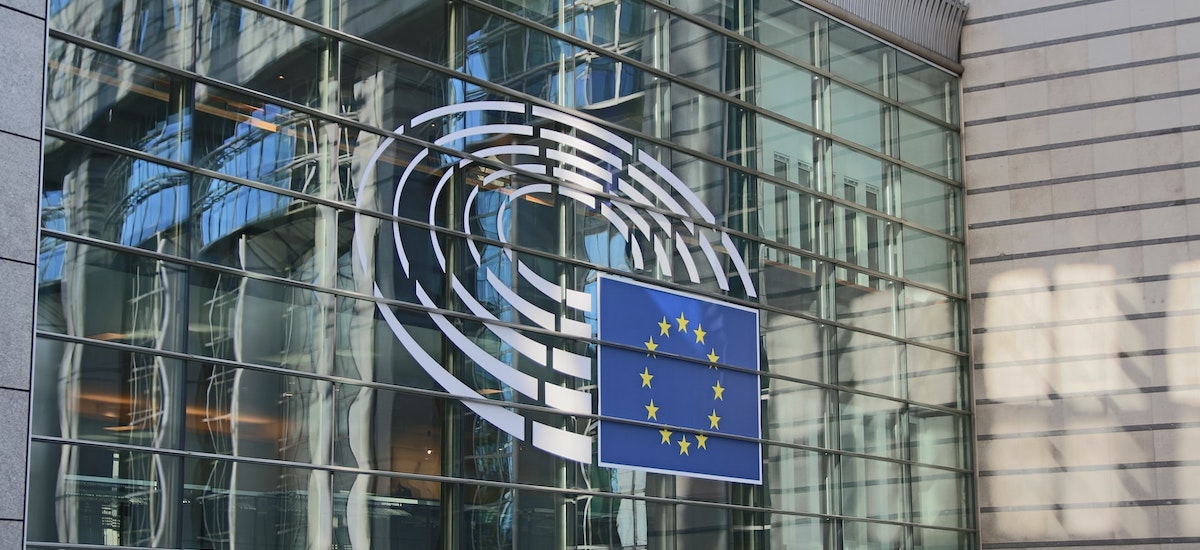The cost-sharing debate is heating up, especially now that the European Commission has launched a public consultation. What’s at stake—and which stakeholders are supporting these proposals?
Let’s start with how we got here. The three European institutions (Commission, Parliament, and Council) have taken the political decision—as formally agreed on the European Declaration of Digital Rights and Principles for the Digital Decade—to develop “adequate frameworks so that all market actors benefiting from the digital transformation assume their social responsibilities and make a fair and proportionate contribution to the costs of public goods, services and infrastructures, for the benefit of all people living in the EU.”
This paragraph has been exploited by the largest European telecom operators. They’re reviving an old debate and requesting new regulations that would require the largest non-European content and application providers (CAPs) to make monetary contributions in exchange for traffic flows. These new regulations would be in direct conflict with the open, globally connected, secure, and trustworthy Internet. They would also violate net neutrality provisions and fragment the Internet, hurting European consumers and economies.
European telecom operators are trying to present this issue as a balanced and productive debate. The reality is that these telecom operators are alone in their support of traffic flow-based monetary contributions.
Where does this leave everybody else? The other stakeholder positions show just how lopsided the debate is.
In one corner are the telecom operators.
The European Telecommunications Network Operator’s Association (ETNO) commissioned a report with the consulting group Axon Partners in support of traffic-flow based contributions. The Global System for Mobile Communications (GSMA), whose membership is largely composed of the same players, has expressed a similar opinion, in a joint release together with other large telecoms’ associations.
In the other corner are a broad list of stakeholders raising the alarm about traffic flow-based contributions.
These include consumer advocates, civil society organizations, academics, regulators, small and medium enterprise sized Internet service providers, CAPs, and European Internet users. CAPs understandably oppose the proposal, and their industry association, the Computer and Communications Industry Association (CCIA), has responded to the proposal. They’ve also fostered a study, published by Analysys Mason, dismantling the telecoms’ arguments.
The opposition by so many different stakeholders is telling. The stakes are too high to let telecom operators get their way.
Why this critical mass? This isn’t a telecom operator vs. CAPs debate, but a direct threat to the Internet. Each stakeholder approaches the proposal from different angles, but their arguments share this common thread:
The proposal from telecom operators will harm the Internet and its users. It must be stopped immediately.
- The Body of European Regulators (BEREC), in its preliminary assessment of the underlying assumptions of payments from large CAPs to ISPs, has been very clear: “BEREC believes that the ETNO members’ proposal could present various risks for the internet ecosystem.” And, despite the claims of exponential growth of traffic warned by telecom operators, the report concludes that “Even though the current traffic volumes are notably higher than those analysed by BEREC in 2012 and 2017, there has been no fundamental change in the general growth tendency.”
- The European Consumer’s Association (BEUC) published a report stating that “the risks or potential disadvantages of establishing measures such a [Sending-Party-Network-Pays] SPNP system would range from a potential distortion of competition on the telecom market, negatively impacting the diversity of products, prices and performance, to the potential impacts on net neutrality, which could undermine the open and free access to Internet as consumers know it today.”
- The European Internet Exchange Association (Euro-IX) has written a letter to the European Commission that says “the proposal will risk to be detrimental to the correct functioning of the Internet connectivity and peering market and distort competition therein. Citizen’s experience in basic business operations, sharing data, accessing cloud services and developing research projects will be negatively impacted.”
- Mozilla has also expressed its concerns to the European Commission, explaining how the proposal from the telecom operators “would violate a core tenet of net neutrality, and would have harmful knock-on consequences for European consumers, creators, and innovators.”
- Several civil society advocates, like epicenter.works and European Digital Rights (EDRi), have been vocal about the risks. Together with other 32 organizations, they have urged the European Commission “not to sacrifice the free and open internet to the short-sighted and self-interested demands of the telecom industry.” Their letter states, “The proposal will harm freedom of expression, freedom to access knowledge, freedom to conduct business and innovation in the EU. It will hurt Europe’s internet economy and create unprecedented bureaucratic barriers that will slow growth in a recovering economy.”
- The audio-visual sector is also very concerned. The Association of Commercial Television (ACT) and Video on Demand Services in Europe (VOD) also reject the proposal from the telecom operators. Their statements (here and here) highlight the lack of an evidence-based justification to the new obligations and the impact on the audio-visual industry, the European creative sector as a whole, consumers, and pricing.
- The Mobile Virtual Network Operators (MVNO) are not aligned either with the large telecom providers. Their position paper warns this “artificial change to economics of Internet traffic handling,” will bring market distortion and harm to competition and calls the Commission to reject the proposal.
- Academics from all over the world are watching these developments with great concern. A letter signed by 29 Internet experts explains how this proposal will upend decades of European Union policy and harm Europe’s digital agenda, because they represent a fundamental misunderstanding of the structure of the Internet.
The large telecom operators are alone in this fight. The challenge is that the European Commission seems to be treating the issue as a balanced debate. They’re backing large telecom operators’ requests for new regulations—despite the overwhelming opposing voices and the risks to the Internet.
Every voice must be heard. We encourage our community and everyone else interested in defending an open Internet to contribute to the public consultation, which is open until 19 May 2023. By speaking up, you can protect the Internet—and make sure it continues to offer opportunities for future generations.


